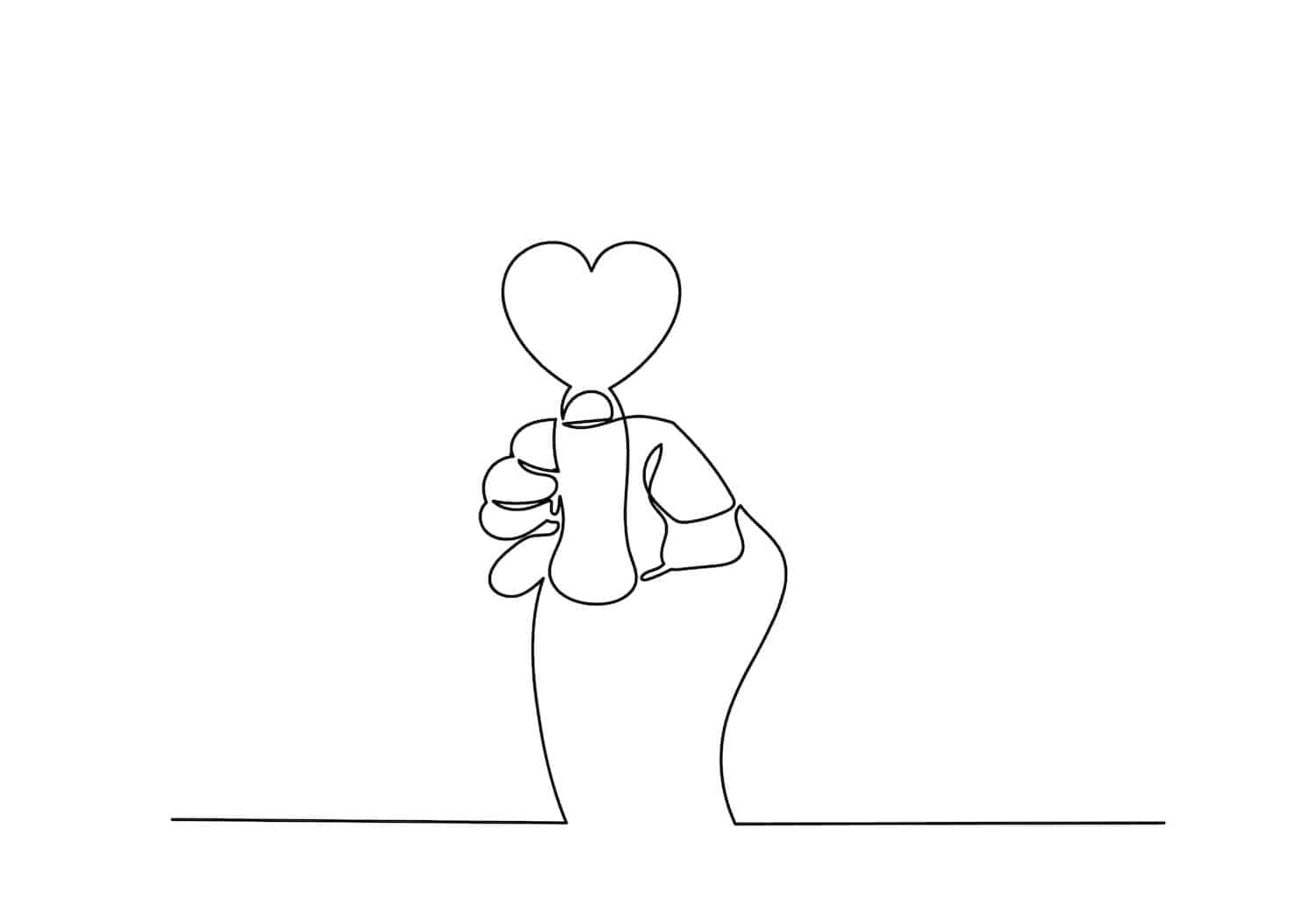Cognitive impairment is a common symptom of mental illness. Many mental health conditions affect a person’s ability to think clearly or communicate clearly. These difficulties make it difficult to meet daily responsibilities, from work or school to personal relationships and home life.
Improving cognitive functioning is a priority for all mental health treatment programs. Providing an individual with the tools and skills needed to communicate effectively is a vital part of the process. These are the building blocks for establishing a strong foundation for lasting mental health recovery.
Cognitive remediation therapy is an important modality when working with those who have cognitive difficulties. What is cognitive remediation? Who does cognitive remediation therapy help? And how can you determine whether cognitive remediation is the right approach for you?
What Is Cognitive Remediation?
Cognitive remediation is a therapeutic behavioral intervention that focuses on restoring cognitive function. Clinicians work with clients to develop and improve specific cognitive skills, such as maintaining attention, strengthening memory, or clarifying communication.1
These skills will lead to more effective capabilities with work, school, relationships, social functioning, and more. Other names for cognitive remediation therapy include cognitive enhancement, cognitive rehabilitation, and cognitive training.
Cognitive remediation therapy involves a variety of cognitive exercises ranging from simple tasks like solving Sudoku puzzles to working through complex computer programs.2 Some of the methods used to improve cognition include:
- Restorative task practice: Mental exercises that involve different cognitive areas, such as attention, memory, learning, problem-solving, and planning.
- Strategy coaching: Teaches strategies that improve performance during cognitive practice exercises, like reading information aloud or using comparisons for clarity.
- Compensatory skills training: Exercises that help individuals work through cognitive limitations to perform crucial tasks and build up community functioning.
- Metacognitive training: Increases an individual’s awareness of their thoughts to monitor and redirect them so they can increase their functioning and performance.
When Is Cognitive Remediation Therapy Used?
The primary candidates for cognitive remediation therapy are typically individuals with schizophrenia.3 Cognitive impairment is one of the most difficult symptoms of the disorder. People with schizophrenia, a thought disorder, often struggle with attention, memory, and executive functioning. This makes it difficult to build fulfilling relationships, maintain employment, meet responsibilities, and more.
Cognitive remediation therapy aims to help people work through their cognitive challenges so they can live more independently. The approach typically involves about 24 hours of treatment programming during a 3- to 6-month period. Early research shows that the various cognitive exercises employed during treatment provide some relief from more pressing symptoms.4
Finding a Cognitive Remediation Therapist
Now that you know what cognitive remediation is, you may wonder whether it’s right for you or a loved one. Unfortunately, not all mental health treatment programs are equipped to offer cognitive remediation therapy. But finding one that offers these services may mean the difference between effective treatment and ongoing troubles.
Lifeskills South Florida is a treatment network offering programs for adults living with mental health disorders. We aim to provide second chances and new beginnings to anyone looking to manage their mental health and rebuild their life. Our treatment programs offer a wide range of services to meet the needs of anyone struggling with their mental health.
To learn more about the programs we offer at Lifeskills South Florida, please reach out to us at 954-953-1742.
References
- Encyclopedia of Adolescence. (2011). Schizophrenia.
- Journal of Social Work. (2013). Cognitive Remediation: A New Generation of Psychosocial Interventions for People with Schizophrenia.
- Neuropsychological Rehabilitation. (2013). Cognitive Remediation of Neurocognitive Deficits in Schizophrenia.
- The British Journal of Psychiatry. (2007). Cognitive Remediation Therapy in Schizophrenia.




